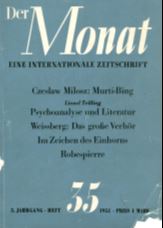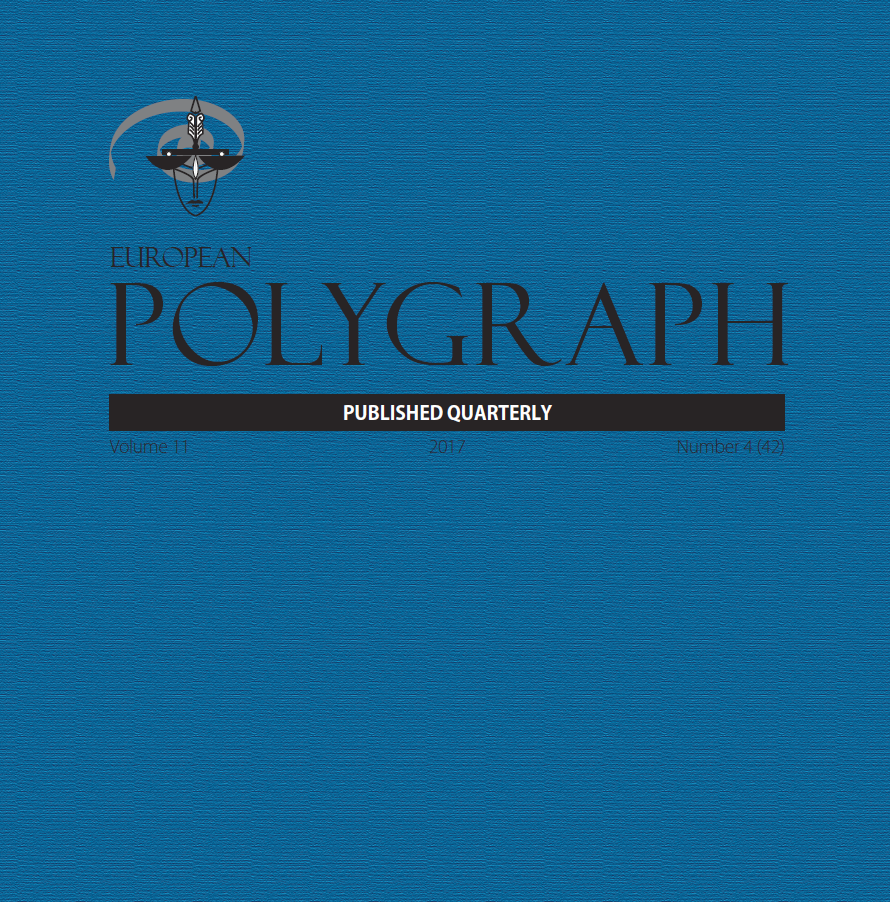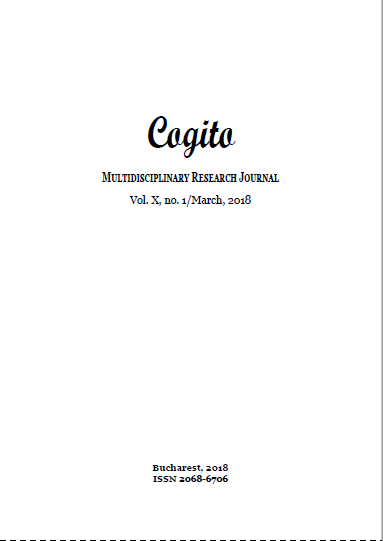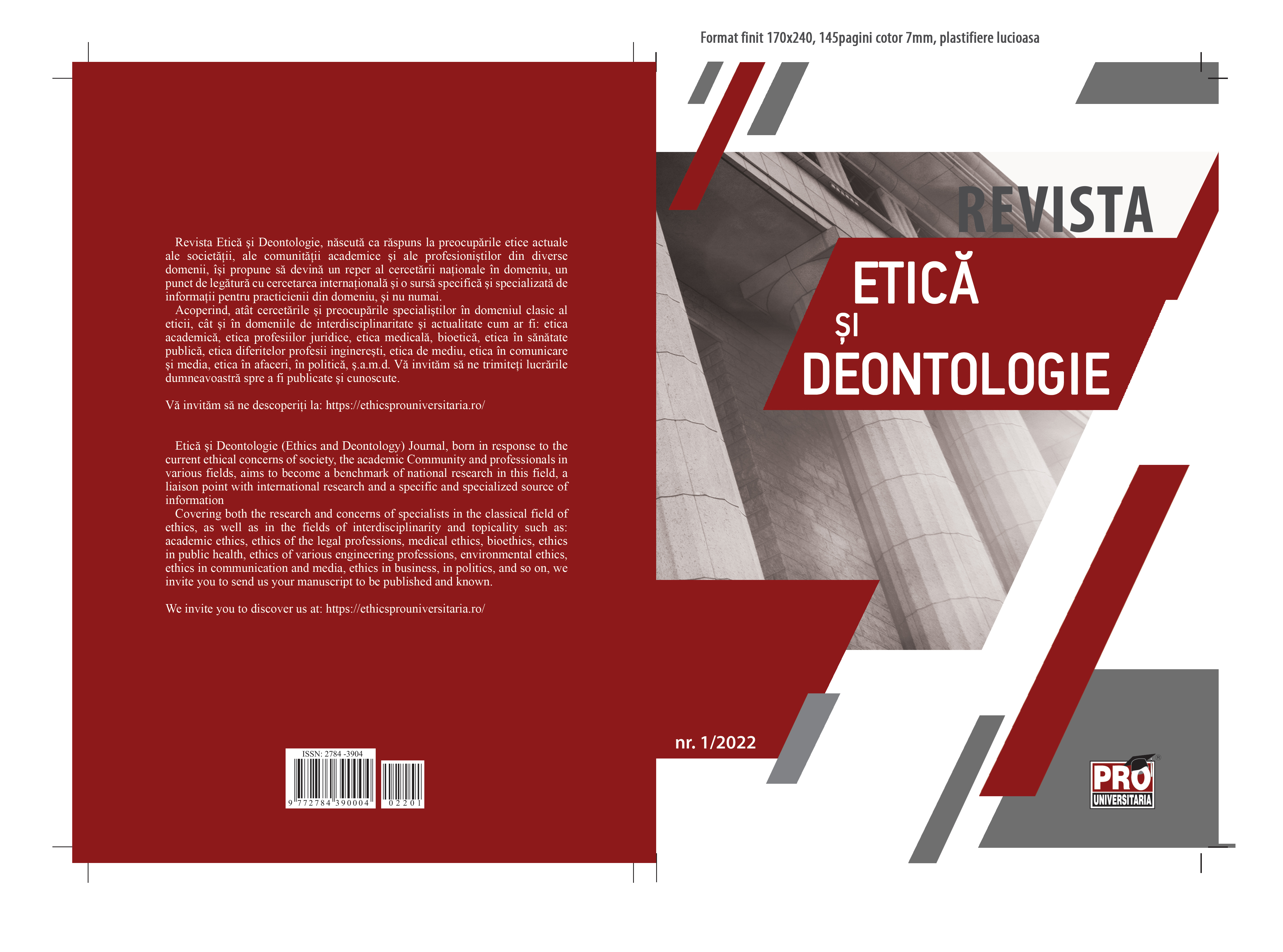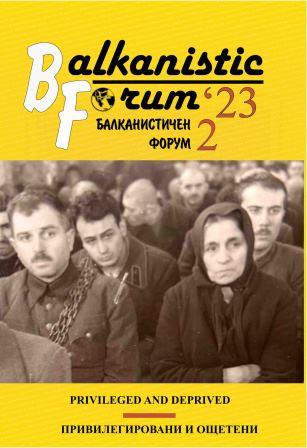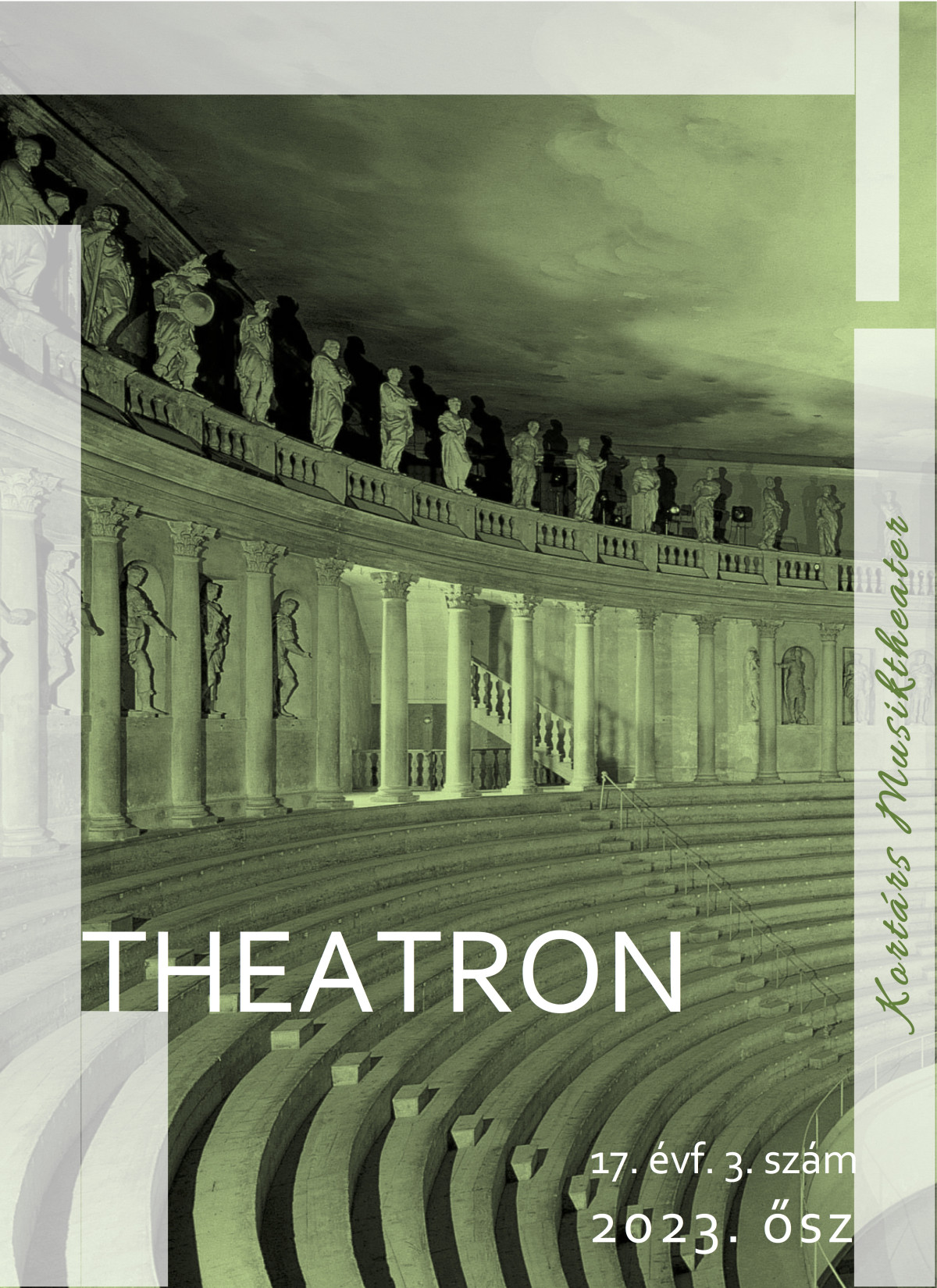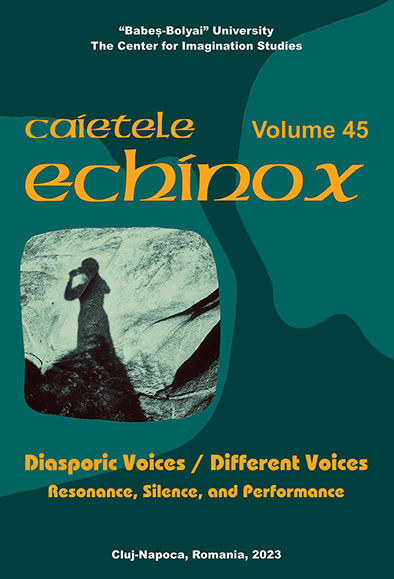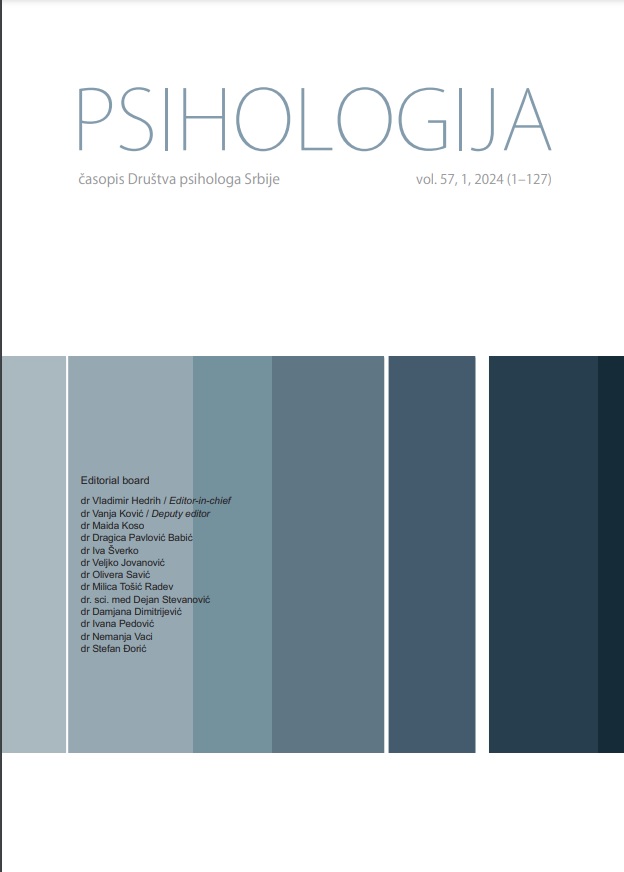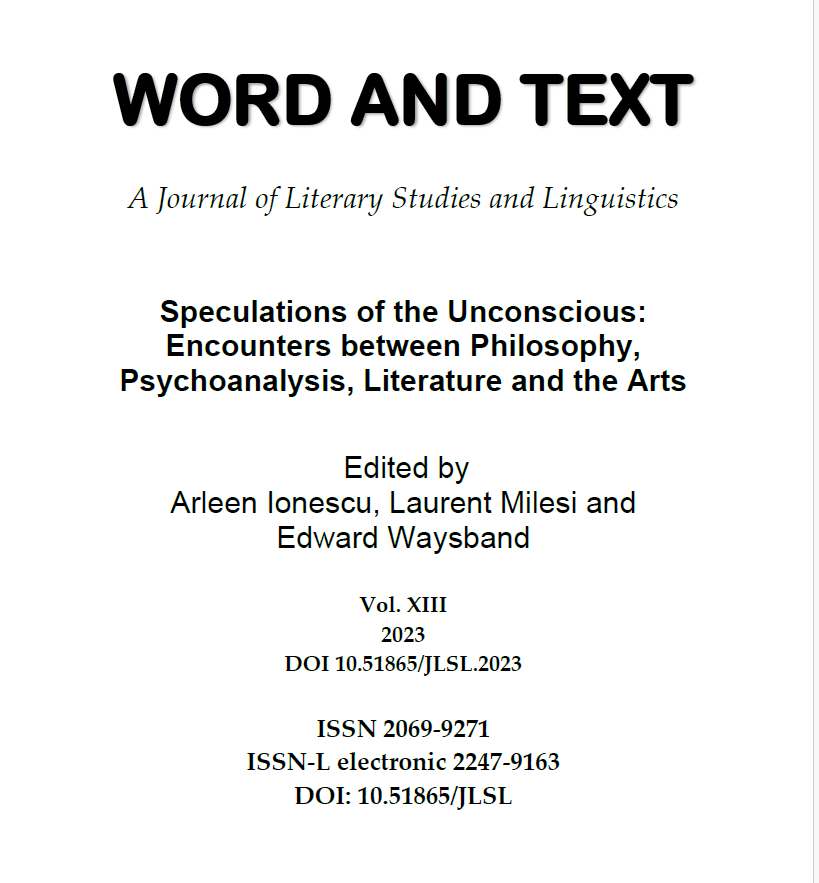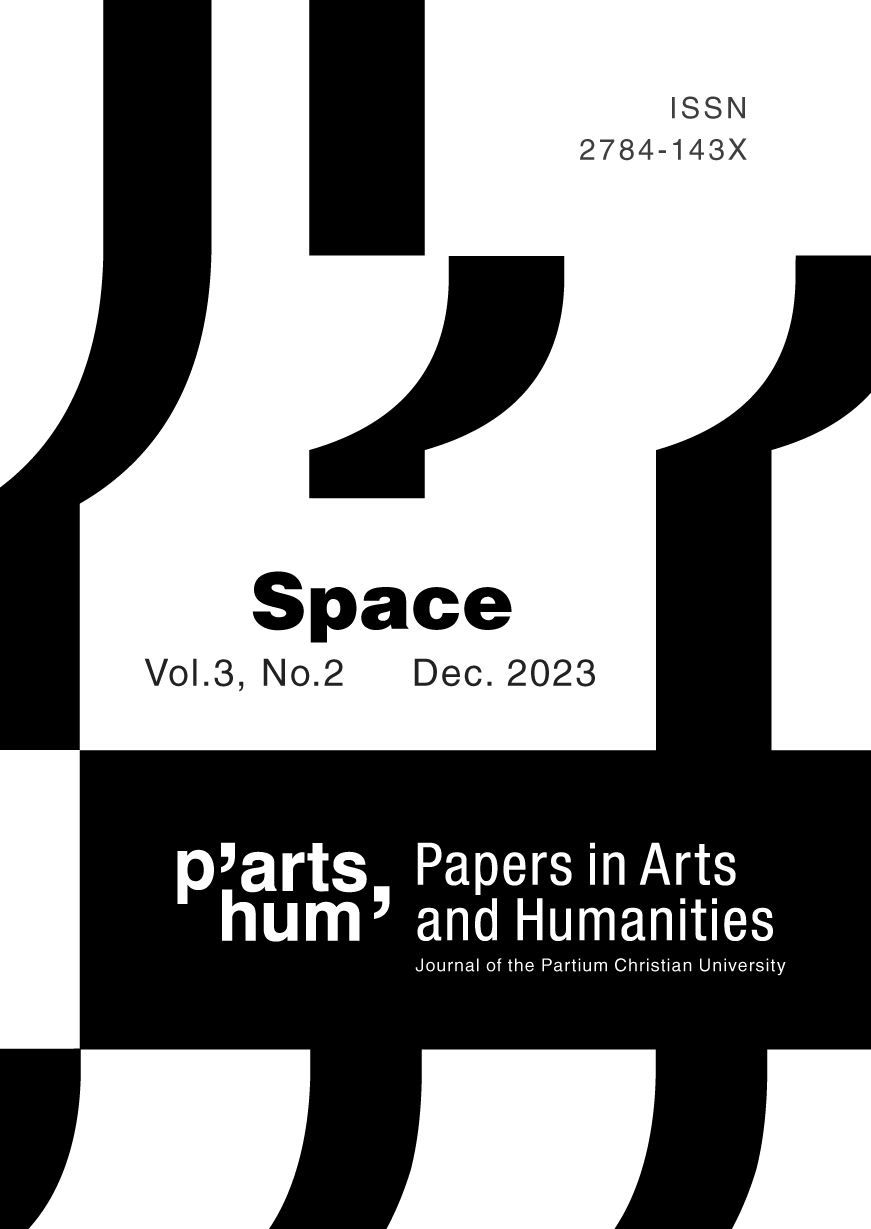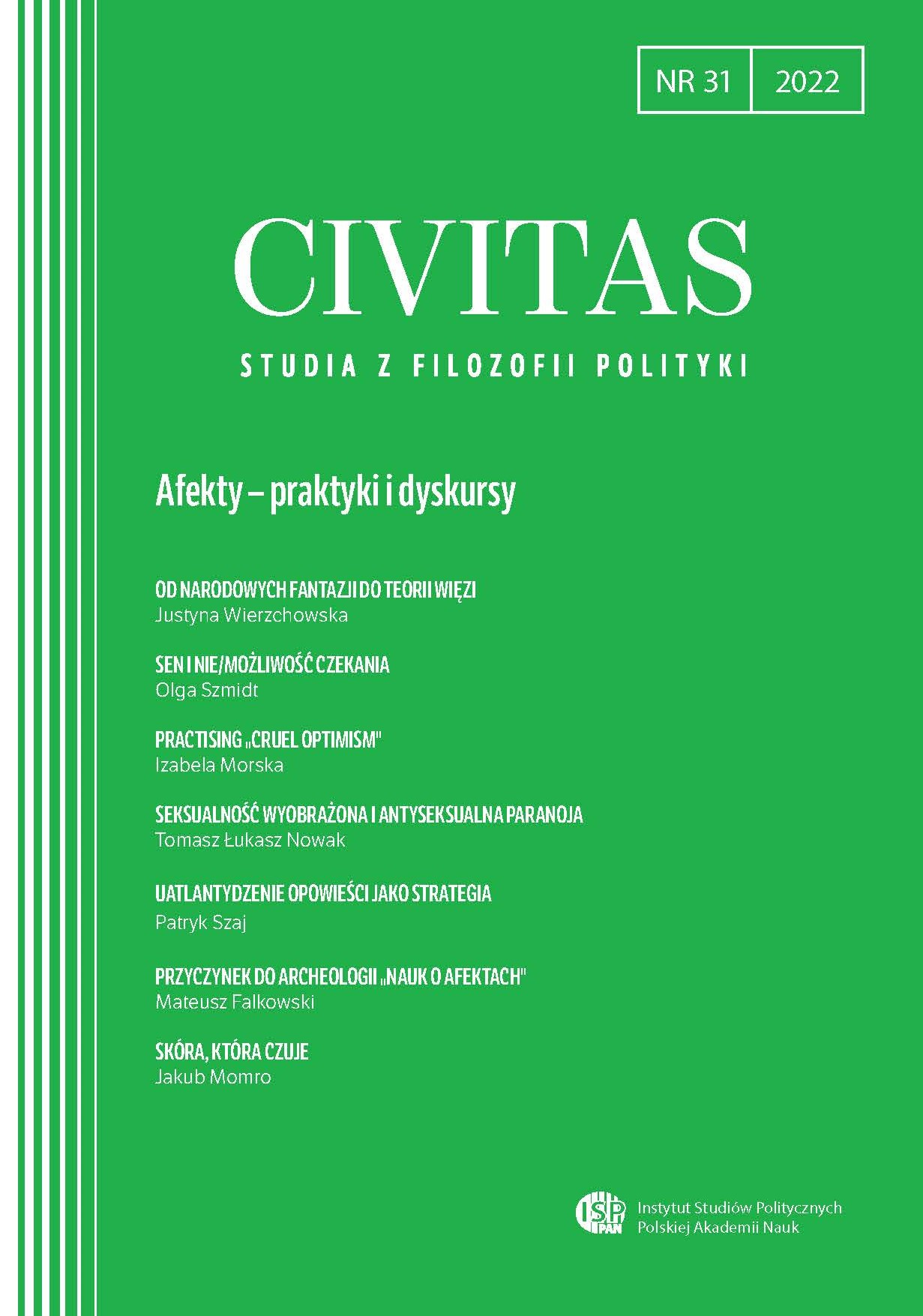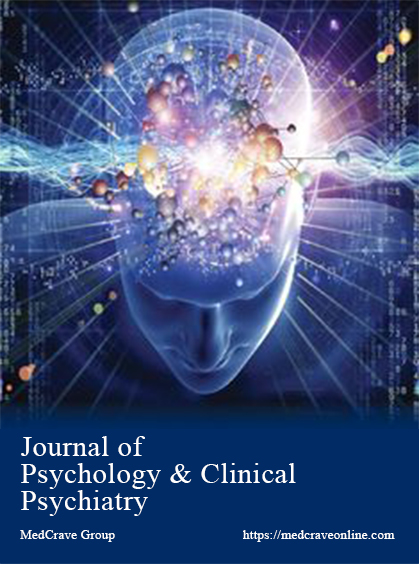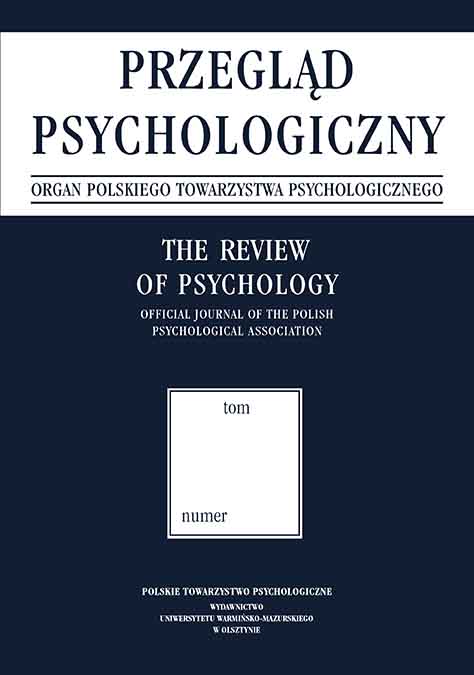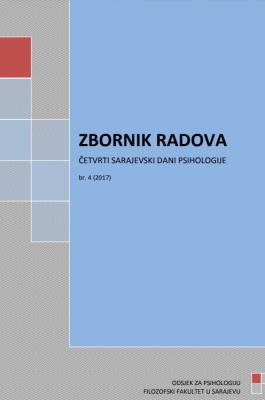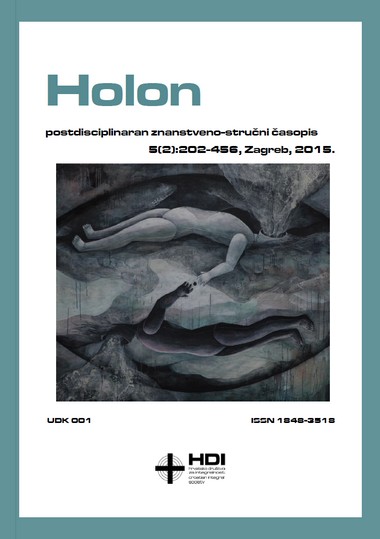
Zvuk samo jedne ruke
In the series of books, Catherine Malabou severely critiqued the psychoanalytic concept of causality. The aim of this paper is to present her critique, and subsequently to critique the critique itself. It seems there are two ways to do that: to put her critique under the strong critique that aspires to show how Malabou misses something crucial regarding the very foundations of psychoanalytic theory at the cost of rendering her virulent attack on psychoanalysis ineffective; or to put Malabou's critique under the weak critique that includes the revision of clinical cases which she uses as evidence in the carefully constructed case against psychoanalysis. The claim defended in this paper is that the weak critique of the critique, which refrains from examining the foundations of psychoanalytic edifice, can present a more serious challenge to Malabou's project than the strong critique. It can also point directly to the contemporary relevance of psychoanalysis. The paper takes two ideas from Malabou: the distortion of the psychic apparatus reveals the mechanisms of its functioning; the difference between the psychic wounds lies only in degree, and not in kind. It also follows Malabou steps by taking anosognosia as the paradigm of the psychic wound - the most exemplary of all cases of the psychic dysfunctioning and, at the same time, just one case among the others. After reassessing clinical studies which dealt with the diagnosis of anosognosia, paper ends with a conclusion that anosognosia does not display features which would contradict the presupposed foundations of psychoanalysis: the psychoanalytic model of causality should not be abandoned, but retained, expanded and upgraded.
More...
